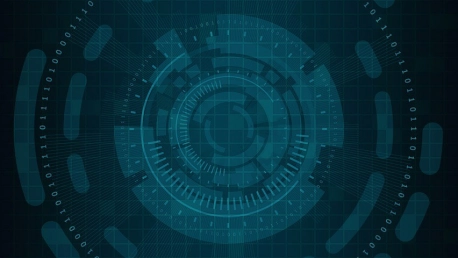News that the US will hold a new round of trade talks with China in late August has provided media with the opportunity to analyze and sum up the issues that have appeared since negotiations broke down earlier this year. A Chinese delegation will travel to Washington to meet with US Under Secretary of Treasury for International Affairs David Malpass, according to China’s Ministry of Commerce. The meeting will take place at the invitation of the US and it might be a step towards reconciliation as the trade relationship between the two countries seems to face even further deterioration.
As the officials are fighting for economic balance and stability, hackers are providing the two countries with a new cause for concern. Chinese hackers operating from Tsinghua University explored spying opportunities inside American companies and government departments following a US trade delegation visit to China, according to Reuters. The elite university in Beijing is also known as “China’s MIT” and is associated with Tsinghua Holdings, a company that develops an array of new technologies. This enterprise is controlled by the Chinese government.
The Darkest Side of Hacking
There is a persisting controversy regarding the term “hacking”. Tech gurus and computer programmers alike say that “hacking” simply refers to the typical tasks performed by people with advanced knowledge of computers and computer networks. But “hacking” is actually commonly used to define cracking or breaking into computers for various reasons, such as profit, protest, information gathering or recreation. By any other name, hacking is considered dangerous for companies and institutions around the world, as it focuses on taking advantages of security problems. But could hacking have an even darker side? Experts seem to believe it might.
According to wired.com, a group of scientists has shown how an entire power grid could be disposed of by hacking seemingly unrelated marks: common air conditioners and water heaters. The article shows that a group of Princeton University researchers is planning to submit a paper that examines new threats in power grid cybersecurity. They conclude that hackers can attack the demand side of the power grid in order to disrupt its stability. The vulnerabilities of the power grid have been known for decades, but we may be just starting to figure out the emerging threats to the grid’s cybersecurity for the digital age. Its digitalized control might make it even easier to hack than we previously assumed. After all, the dark side of the Moon is the portion of its surface that cannot be directly observed from Earth. The darkest side of hacking may be just that: a scenario that might be hard to predict and prevent.
Exploring New Vulnerabilities
China was Alaska’s largest foreign trading partner in 2017. Cybersecurity firm Recorded Future prepared a report the shows how several websites of Alaskan internet service providers and institutions were examined earlier this year by Tsinghua University computers searching for security vulnerabilities. If found, these flaws could have been later used by hackers to break into the systems. Institutions participating in the Alaskan – Chinese negotiations were subject to close scrutiny from Chinese hackers, according to the report.
Recorded Future showed that “while Chinese officials held trade talks with international organizations and governments, Chinese threat actors were engaging in cyber espionage campaigns.” Chinese cyber shadowing against the US is on the rise, says the firm. “The spike in scanning activity at the conclusion of trade discussions on related topics indicates that the activity was likely an attempt to gain insight into the Alaskan perspective on the trip and strategic advantage in the post-visit negotiations,” the report concluded. No matter the purpose, Chinese hackers targeting US companies and government departments may be more than bad news.
Emerging threats in cybersecurity may prove more and more difficult to prevent for governments everywhere as well as for private companies and institutions. Hackers may come not from shady underground networks, but from elite universities around the world. Original and practical scenarios may be imagined by those who seek to profit from security flaws. As US security firms say that cyber espionage is thriving and new actors are trying to gain advantages in key sectors as a result, protecting the American security may prove to be challenging.









